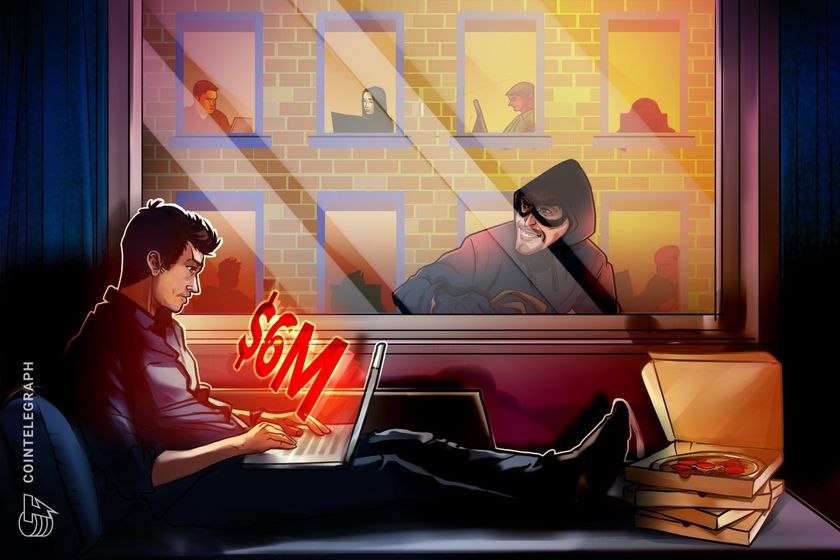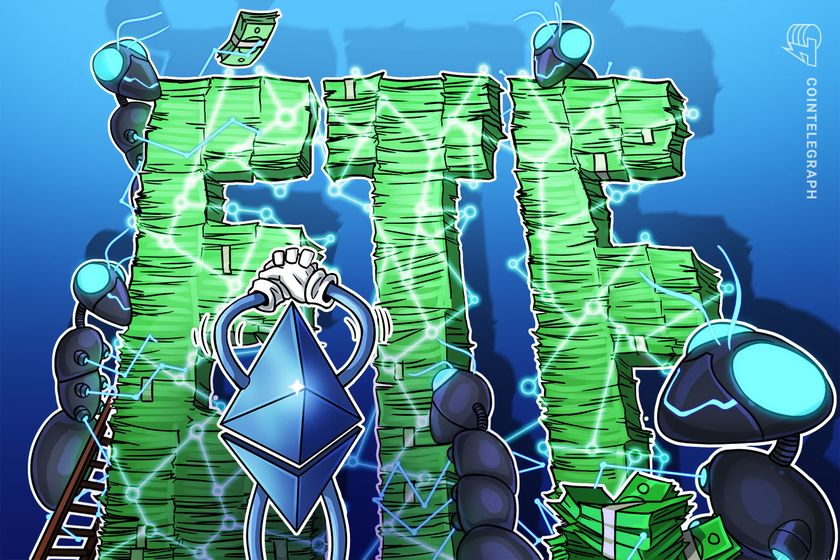US Treasury targets NFTs for potential high-value art money laundering

The Department of the Treasury suggested that the increasing use of art as an investment or financial asset could make the high-value art trades vulnerable to money laundering.
The U.S. Department of the Treasury released a study on the high-value art market, highlighting the potential in the nonfungible tokens (NFT) space to conduct illicit money laundering or terror financing operations.
The treasury’s “Study of the facilitation of money laundering and terror finance through the trade in works of art” suggested that the increasing use of art as an investment or financial asset could make the high-value art trades vulnerable to money laundering:
“The emerging online art market may present new risks, depending on the structure and incentives of certain activity in this sector of the market (i.e., the purchase of NFTs, digital units on an underlying blockchain that can represent ownership of a digital work of art).”
The study underlines the importance of NFTs in representing ownership of the digital and physical property that is managed and controlled via smart contracts and digital wallets. The treasury also points out that the price of NFTs is determined by the buyer and seller and not the market:
“According to U.S. authorities, in the first three months of 2021, the market for NFTs generated a record $1.5 billion in trading and grew 2,627 percent over the previous quarter.”
However, the NFT market in 2020 alone was valued at more than $20 billion. The U.S. treasury suggested a possibility where criminals can purchase NFTs with illicit funds and resold to an unwary collector “who would compensate the criminal with clean funds not tied to a prior crime.”
NFTs can also be sold via peer-to-peer (P2P) sales, which bypasses the need for an intermediary or recording the transaction over the public ledger. While underscoring the various money laundering vulnerabilities made possible by the NFT ecosystem, the treasury concluded:
“Moreover, traditional industry participants, such as art auction houses or galleries, may not have the technical understanding of distributed ledger technology required to practice effective customer identification and verification in this space.”
Related: NFTs and DeFi overturn a banker‘s generational curse of poverty in 2 years
Brenda Gentry, a USAA mortgage underwriter turned crypto entrepreneur, recently shared how the cryptocurrency ecosystem offered her a fighting chance to overcome the generational curses of poverty.
Gentry, a.k.a. MsCryptoMom, left her decade-long job as a banker to pursue a full-time crypto career as her initial investments from early 2020 confirmed the “unprecedented opportunities offered by crypto.”
My biggest flex this year was walking away from my banking career of 16yrs to go into crypto full time!
Retired my parents and now my goal is to retire my siblings and get them working for themselves!
NFTs and DeFi are breaking down generational curses of poverty.
— Cryptomom (@MsCryptomom1) October 9, 2021
Acknowledging the big learning curve into crypto, Gentry provides educational content through her website:
“I’m also hosting seminars to educate the general public about navigating in this space and things to look out for when searching for good NFT projects or DeFi tokens, and also how to quickly detect scams or rug pulls.”









